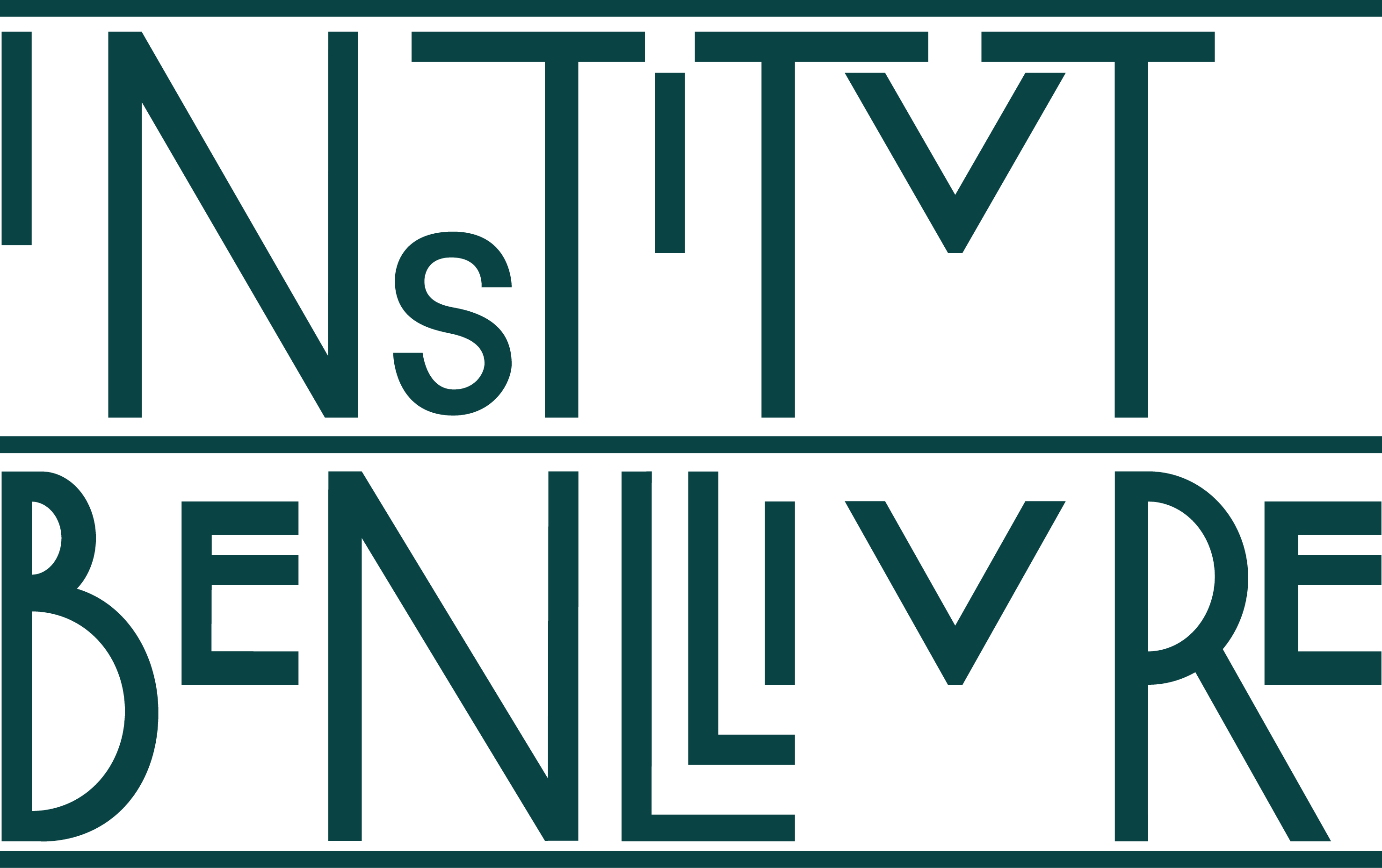
ERASMUS+
ERASMUS+ Policy
IES Benlliure de València has been committed to the internationalization of its vocational training courses since they were introduced in 2000. First, we participated in programmes promoted by the regional government (FCT Europe), and later we joined the Comenius and Erasmus programmes.
By obtaining the Erasmus Charter for Higher Education 2021-2027 (ECHE) in 2021, we commit ourselves to the principles established therein. The general objectives of the internationalization of the Centre are to support lifelong learning, educational, professional and personal development of students and to promote cooperation with other institutions in Europe.
The specific objectives we intend to achieve are:
• Create collaborative networks and synergies between students and staff from different European countries.
• Contribute to the creation of a community of young, qualified professionals with skills
and competencies required in the international labour market.
• To promote the knowledge and use of different European languages to contribute to the personal and professional development of students and teachers.
• To develop the competence of teachers by facilitating the exchange of methods,
experiences and knowledge.
• To improve the quality and attractiveness of vocational education.
• To be a European reference centre for hosting students and teachers.
In line with the priorities of the Erasmus+ programme:
• Inclusion and Diversity.
• Digital Transformation.
• Environment and combating climate change.
• Participation in democratic life, common values and civic engagement.
Actions at school will focus on:
• Inclusion and Diversity: Promoting and supporting the participation of all students,
applying the principles of non-discrimination, equal access and opportunities for all
participants.
• Digital Transformation: Promoting the use of ICT and communication with
international organisations and educational centres. The use of these digital tools will
make it possible to be in contact with students and teachers from other peer centres and to carry out didactic activities as a team.
• Environment and the fight against climate change: Involving students in educational
and training activities that encourage changes in behaviour, awareness and participation in favour of sustainable development.
• Participation in democratic life, common values and civic engagement, promoting the
development of European values and integration in the social environment.
With regard to the dissemination of the Erasmus programme by the school, the following measures will be implemented:
• Publication of the Erasmus Policy Statement (EPS), the calls for participation and the
application form of the programme on the school's website.
• Informative sessions with students and teaching staff.
• Participation in dissemination activities outside the school.
• Press releases when relevant Erasmus+ activities are carried out.
Implementation of Erasmus+ activities in the institution.
The actions we intend to carry out include:
Key action 1: Educational mobility of people. Type of action: Mobility of higher education students and staff.
1. Mobility of students for placements: we want to continue offering students the opportunity to do their training placements (FCT) in companies abroad, with the aim of improving their integration into the labour market and their professional, linguistic and social skills.
2. Teaching staff mobility: this will take place in counterpart centres and companies in different European countries, providing new perspectives and better practices, thus improving the qualification of the staff, which in turn will benefit both the students and the educational centre.
We also want to continue to host staff and students who wish to carry out a training or
educational stay in our school.
Key action 2: Cooperation between organisations and institutions. Partnerships for cooperation and exchange of practices. Alliances for innovation.
Our aim is to continue participating in this kind of projects. We have extensive experience in the
field and we also have a network of European partners with whom it is very enriching to be able
to develop them. We want to continue learning and sharing new challenges.
We anticipate the following impact:
- Participation in the Erasmus + programmes will result in improvements in the training and educational actions in the centre, derived from the exchange of experiences, the improvement of linguistic competences and the improvement of social skills, attitudes and professional development.
- To monitor the impact, we will use a range of tools, including surveys and an assessment of the degree of employment integration. However, based on our experience of previous projects, we believe that the greatest and least quantifiable impact will be on the students, with improvements in their self-esteem, autonomy and personal growth. This personal growth will continue throughout their lives, and we believe that this is actually the essence of Erasmus+.

